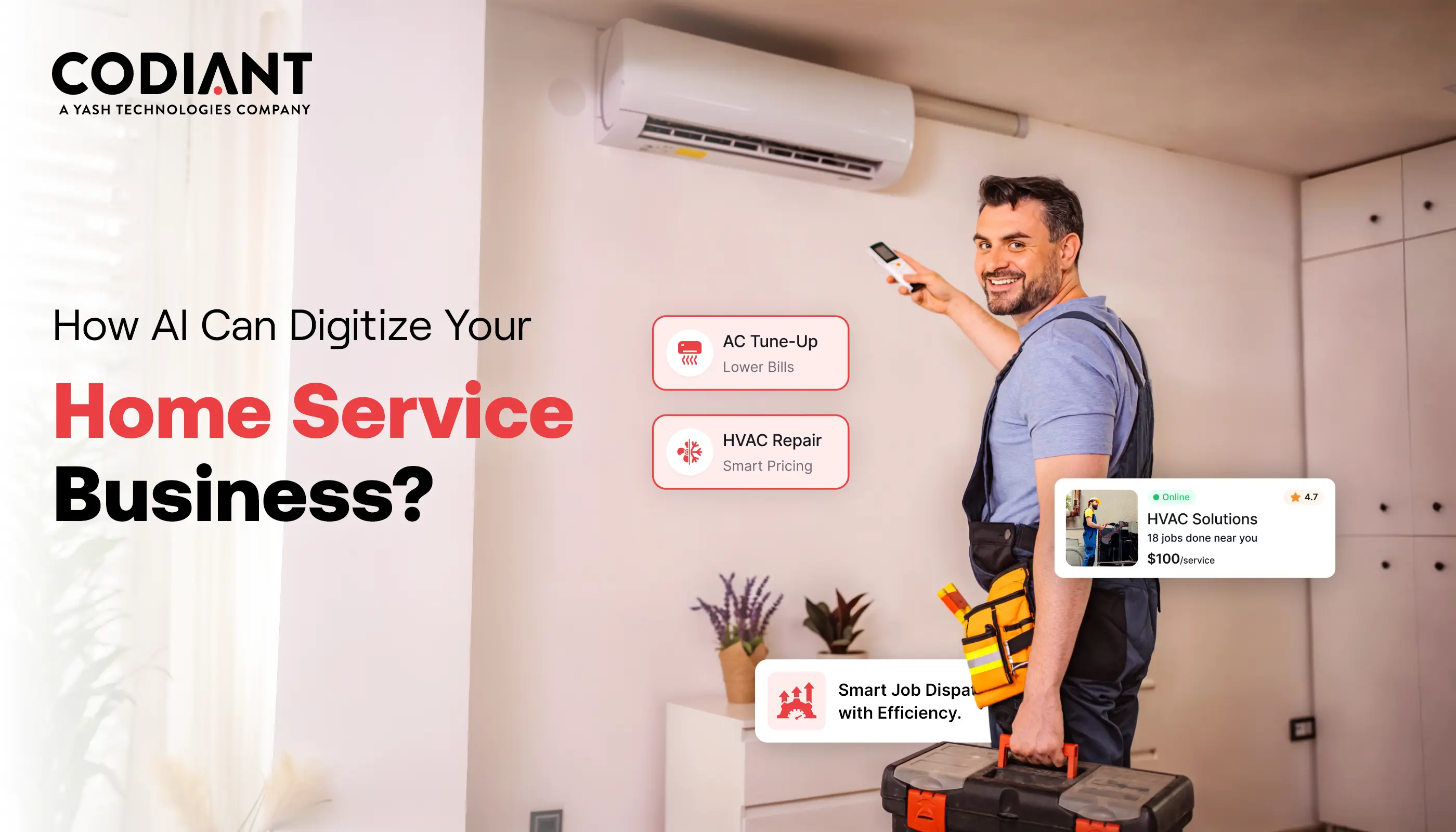AI Solutions For Transportation & Logistics Industry
Here’s a look at how artificial intelligence in transportation is curbing the industry’s problem.
Warehouse Automation

Artificial Intelligence is transforming warehouse operations to a great extent, ranging from data collection to inventory process management. It is ultimately helping in improving efficiency and raising profit.
By studying the organization’s ongoing trend, AI technology is helping in predicting the upcoming market demand for the product. Based on such predictions, the companies can prepare their stocks and inventory to meet the requirements. This will help the transportation & logistics companies to save a huge amount of transportation costs and reduce goods wastage.
The companies having multiple warehouses, AI is helping to operate centrally and helping businesses to draft the best solution for transporting goods.
Ocado– a British supermarket has developed an automated warehouse. The robots and machines easily move, lift and soft the products and pack them properly to take them out for delivery. Their robot ‘hive-grid-machine’ used to easily manage and fulfill over 65,000 orders in a week.
Autonomous Vehicles

Autonomous vehicles are self-driving automobiles that help to minimize labor and fuel cost by boosting the supply chain. Without a doubt, self-driving cars will benefit the entire transportation and logistics industry. Some companies have already replaced their fuel-engine vehicles with autonomous vehicles, but still, it’s a long way to go to automate the entire industry.
The advanced tech-enabled vehicles are equipped with smart sensors and cameras to provide a 360-degree view of the surroundings. The authorized person can also track the whereabouts of the logistics and pick the most optimized route to minimize the distance, time, and expenses simultaneously.
Waymo– was the first company to integrate driverless technology into their taxi services in the year 2018 in selected cities. Now, they are planning to develop self-driving trucks to try their hand with Artificial Technology in transportation and logistics.
Better Cost Savings and Lower Carbon Footprints
Transportation and logistics companies have to deal with a considerable amount of cash on a daily basis, such as employee wages, system, and equipment maintenance, and more. However, these expenses could rise and might hamper accuracy and productivity during operations.
The usage of AI in transportation and logistics automates the company’s processes and helps to reduce operational costs. It will also minimize direct and indirect labor costs.
The technology also supports maintaining and analyzing a huge amount of data which could be a great asset for business data analysts to study and formulate strategies to enhance processes efficiency.
Automation in a traditional transportation and logistics business means inventory, warehouses, and transportation all the processes get smart and automated with sustainable equipment. Such operations and units save energy and reduce carbon emissions from warehouses and vehicles.
Improve Customer Experience with Predictive Analytics
Integration of AI in transportation and logistics companies is not only used to manage the data but also to study and predict upcoming requirements. Because if the demand is going to rise in the market and the company fails to figure out or lack in its preparations, then the company will have to experience some serious losses.
Artificial Intelligence and Business Intelligence Supply Chain tech solutions are majorly preferred to predict the latest market trends and are considered better than human experts. This technology can easily understand and track all the required concerns to improve the customer experience by analyzing demand prediction.
Smart and intelligent usage of AI can infuse positive changes to promote customer experiences. Dealing with customers’ specific concerns will promote personalization, and enhance their experience, which results in building customer loyalty.
Accurate Inventory Management
In inventory management, accuracy is very important, and smart technologies can do so easily as compared to manual management. The AI-integrated inventory management system will maintain the accuracy in the in and out flow of the products from a warehouse.
The inventories can be categorized into multiple sections, such as order processing, stocking, and packing and this requires a lot of time and manpower. However, with automation, all such processes can be eased and done in an error-free manner.
Additionally, with accurate inventory management, situations like overstocking, inadequate stock, and untimely stock-out can be avoided. But all these situations can be easily taken care of with AI-driven tools.
These AI-supported tools and software can handle and analyze a huge amount of data and predict the customer’s demand or market trends. Such operations will help to manage stocks and avoid situations of overstocking or stockout.
Reduces Operational Costs with Upgraded Security
AI is no less than a boon for the supply chain system. It can simplify all the operations ranging from customer assistance to warehouse management and work error-free in minimum time duration. The warehouse management robots can do the tasks quickly and with the required precision and accuracy.
All of this minimizes the requirement for manpower, save time, reduces expenses, and achieves a high level of productivity. On the other hand, the use of AI in logistics can provide smart tools and software as well to streamline operations, carry out smart planning and upgrade material security.
AI can also analyze workplace safety data and warn administrative staff about any possible risk. Such prior warnings will help to plan strategies and upgrade the security system accordingly.
Conclusion
As you see, there are a number of benefits and solutions that are being addressed with AI in transportation and logistics processes every day. If you are thinking about a transportation and logistics app development or integrating AI technology in your specific business operations, then it is the right time to do so.
At Codiant, we have a team of developers specialized in transportation and logistics app development and are experts in integrating AI technology to streamline your business operations. For details and assistance connect with our business analysts to take your idea into the market.





